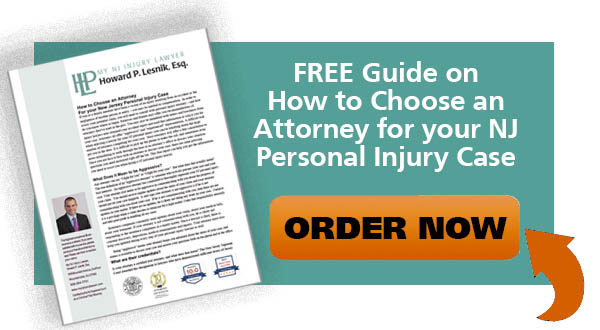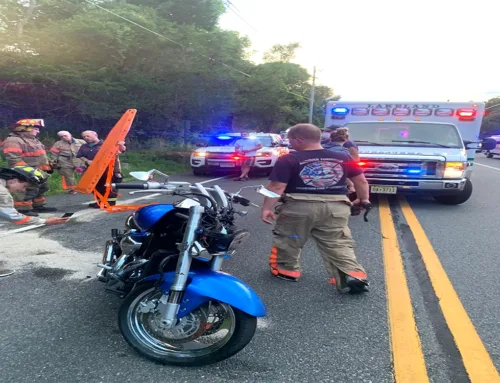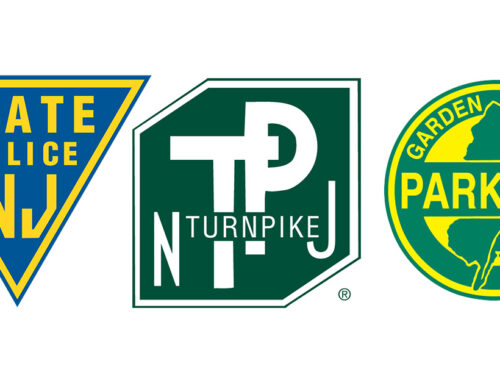When you have suffered injuries in an accident caused by someone else’s recklessness or negligence, there are many things to deal with. First and foremost, of course, should be the medical treatment that your injuries require to treat your pain and facilitate healing. But it can be hard to focus on treatment and recovery without thinking about all the medical bills piling up. And who is responsible for paying the medical bills? When will the medical bills be paid? Will my credit be affected?
 Making a claim for your injuries from the parties responsible can help you ensure that you can get the medical care you need without putting yourself or your family in financial jeopardy, especially if you are also prevented from working either temporarily while you recover, or permanently as a result of disabling injuries.
Making a claim for your injuries from the parties responsible can help you ensure that you can get the medical care you need without putting yourself or your family in financial jeopardy, especially if you are also prevented from working either temporarily while you recover, or permanently as a result of disabling injuries.
In order to hold the party responsible for your injuries, you must start on the long and difficult claim process. Remember, insurance companies always want to pay nothing or as little as possible on all claims. And when they do have to compensate someone for a claim, they try to delay that compensation payment for as long as possible.
The steps required to make a successful claim can depend on whether the party responsible is an individual, a commercial business, or a public governmental agency. The claim process because even more difficult when you try to make a claim against any public entity.
Suing a public entity has its own specific set of legal complications, described under the New Jersey Tort Claims Act, also known as Title 59. Public employees or agencies may be deemed to be immune from tort claims under certain circumstances, if the accident in question is determined not to result from actions outside the scope of an employee’s legitimate job functions, willful misconduct, criminal behavior, or recklessness.
In addition to the actions on the government body’s part that may render it immune from a lawsuit, there are also restrictions on the types of injuries for which an accident victim may seek damages for pain and suffering resulting from the injury. Specifically, the injuries you suffer generally have to be severe enough to cause a substantial and permanent disability or loss of body function. You may be required to provide medical evidence demonstrating both that your injury has resulted in a permanent impairment, and that the loss of functioning is substantial.
Even after you have established that the nature of your injuries and the circumstances under which they were sustained does not render the government immune from legal action, Title 59 still imposes other restrictions on your claim. There is a specific and time-sensitive process that you must follow when suing a public entity, beginning with a notice of claim that must be filed within 90 days of the date of the accident that caused your injuries. Missing that deadline will render you unable to file a lawsuit against the government or public actors involved in your accident. There is a provision in the Tort Claims Act that allows you to submit a motion for late filing of a notice of claim, within up to one year from the accident. But you must demonstrate:
- Extraordinary circumstances prevented you from filing the notice in time, and
- The defendant is not substantially burdened as a result of the late filing
It is very difficult to make a Title 59 claim if you miss the 90-day window. You most likely will be unable to proceed with your lawsuit. Beyond one year from the date you were injured, you have no further recourse if you have not already filed the notice of claim. In other words, your claim will be barred and the public entity will have full immunity against any potential claim you may have had.
The purpose of the notice of claim is to allow the public entity to research and investigate the accident, building their case and determining whether they should attempt to settle your claim. As such, you are barred from filing a lawsuit until six months have elapsed from the date your notice of claim was received by the government actor in question. Even if you are not certain whether you will need to sue, or whether your injuries will meet the narrow Title 59 requirements, filing a notice of claim is an essential step in protecting your future options. A notice of claim does not commit you to suing a public entity, but failing to file one does bar you from doing so. It is important to note that many accident injuries do not demonstrate their full extent immediately following the accident, and it can be impossible to know whether you have sustained a permanent disability until treatments have been tried and found ineffective at restoring your original level of functioning.
Suing a public entity is a complicated process that requires you to maneuver through a web of regulation and anticipate deadlines – all while struggling to recover from a serious and painful injury. Having an experienced personal injury attorney involved in your case from the beginning is an invaluable asset in this process. Your injury lawyer can help you navigate the legal requirements of your case while you focus your energies where they belong: on recovering from your injuries, confident that your medical treatment costs will be appropriately handled.
Contact MyNJInjuryLawyer Howard P. Lesnik
If you or a loved one suffered an injury in an accident in NJ, you should contact an attorney familiar with handling these claims. An experienced NJ Injury Lawyer will know how to obtain medical records, videos, photographs, experts, locate witnesses and contact the insurance company so you can make a claim for your injuries. Especially if the claim may involve a public entity.
My NJ Injury Lawyer Howard P. Lesnik, Esq. offers complimentary strategy sessions to address any issue or questions you may have for your injury claim in NJ.
Please contact NJ Injury Lawyer Howard Lesnik, Esq., immediately if you were involved in an accident. I personally handle NJ personal injury cases on a regular basis. Please contact me now by email, by phoning 908.264.7701, or by completing the form to the right to schedule your complimentary 30-minute strategy session.







